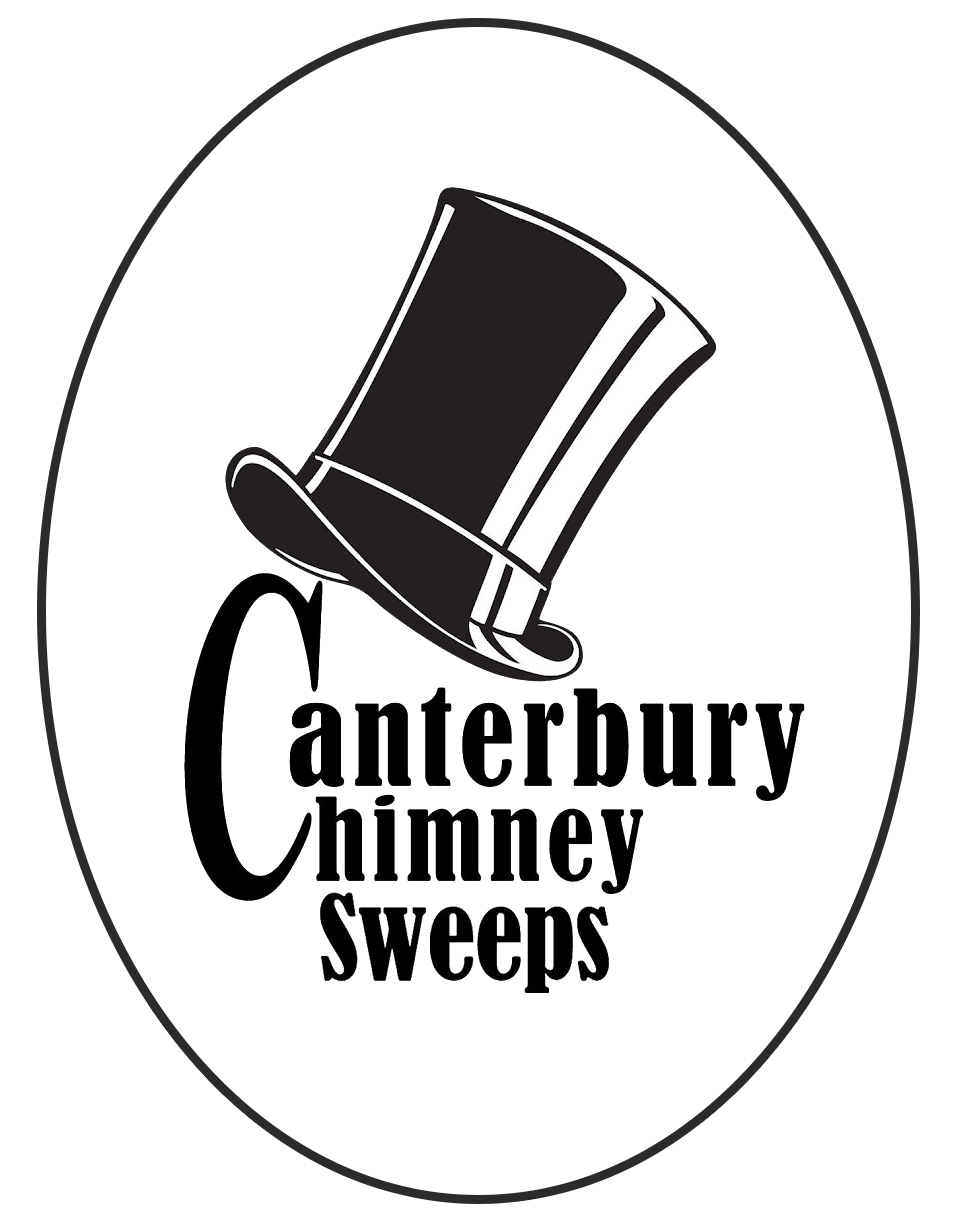Fire Safety: Why a Clean Chimney is Critical
A cozy fire in the hearth is one of the joys of colder weather—but if your chimney isn’t clean, that comfort can quickly turn into a serious fire hazard. Chimney fires are more common than many homeowners realize, and most are entirely preventable with regular maintenance.
Whether you’re using a fireplace, wood stove, or pellet stove, keeping your chimney clean is one of the most important steps you can take to protect your home and family.
⸻
The Hidden Danger: Creosote Buildup
Every time you burn wood, your chimney collects a sticky, highly flammable substance called creosote. It’s created as smoke cools and condenses inside the flue. Over time, this buildup becomes thicker and more dangerous.
There are three stages of creosote:
1. Light, flaky — relatively easy to remove with a standard chimney sweep.
2. Tar-like, sticky — harder to clean, requires more thorough tools and effort.
3. Hard, glazed — extremely flammable and difficult to remove, often requiring specialized treatment or repair.
Once creosote reaches that third stage, it can ignite with little warning, especially during high-heat fires or when airflow is restricted.
⸻
What Happens During a Chimney Fire?
Chimney fires can burn at temperatures over 2,000°F, hot enough to:
• Crack or warp metal flue liners
• Explode clay liners
• Spread flames into attic spaces or walls
• Launch embers onto your roof or yard
Some chimney fires roar loudly and send sparks flying. Others smolder quietly and go unnoticed—causing structural damage that isn’t discovered until later.
The vast majority of chimney fires are caused by neglected maintenance.
⸻
Warning Signs of a Chimney Fire or Dangerous Buildup
• Loud popping or cracking sounds while burning
• Dense smoke or strong odor even with the damper open
• Dark, tar-like streaks around the firebox or chimney exterior
• Excessive soot buildup
• A hot or vibrating stovepipe or chimney wall
If you notice any of these signs, stop using your fireplace or stove immediately and call for a professional inspection.
⸻
Annual Cleanings Save Homes
Regular chimney cleanings:
• Remove creosote and soot before they become a threat
• Ensure proper airflow, which helps fires burn more cleanly
• Identify damage early, like cracked liners or loose bricks
• Give you peace of mind every time you light a fire
The National Fire Protection Association (NFPA) recommends annual chimney inspections—even if you only burn occasionally.
⸻
Choose Experience. Choose Safety.
At Canterbury Chimney, we’ve been helping Rochester families enjoy their fireplaces safely since 1985. We specialize in thorough chimney cleanings, inspections, and repairs—always with an eye on safety, not shortcuts.
We believe a warm home should also be a safe one.
Schedule your cleaning today, and keep the fire where it belongs.
